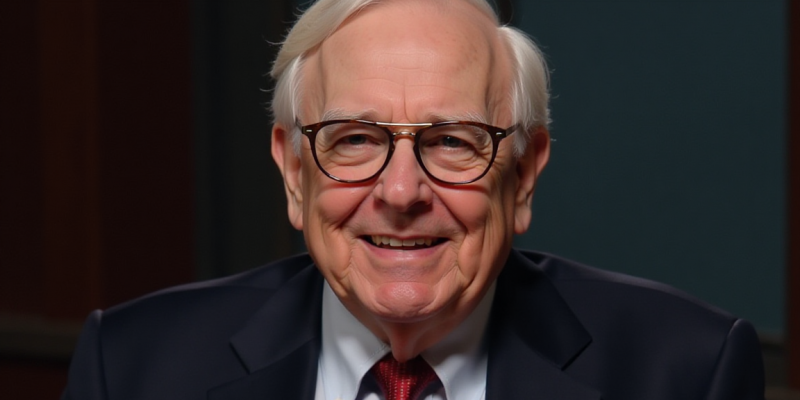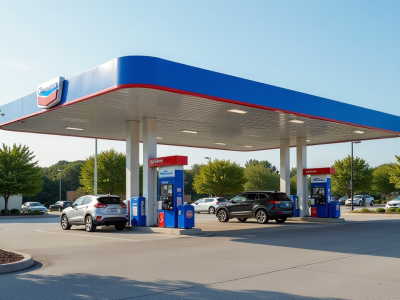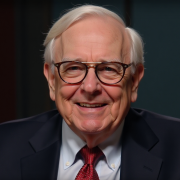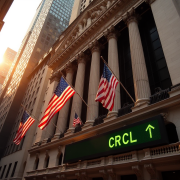
Berkshire Hathaway shares (BRK.A) have fallen nearly 10% since its CEO, Warren Buffett, announced his decision to step down from the company.
Berkshire tumbles after the announcement
Since May 3, the date when Buffett announced his plans to transition from CEO, the conglomerate’s stock has experienced a decline exceeding 10%.
This is in contrast to the S&P 500 index, which has gained 5% in the same period.
Before the announcement, Berkshire Hathaway was outperforming the markets with a 20% gain in the year till then against the S&P 500’s 3% decline.
Buffett Premium
Part of this sell-off is attributed to what is often termed the “Buffett premium.”
This concept refers to the additional value investors have historically been willing to assign to Berkshire Hathaway’s shares, a valuation underpinned by the billionaire’s unparalleled investment track record and his exceptional acumen in capital allocation.
As the Oracle of Omaha steps away from the company, investors might be fearing the company might be losing its edge.
Although Buffett has said his successor, Greg Abel, would be able to carry on the company’s performance and its culture, investors still have reacted sharply to the announcement.
Berkshire investors’ reaction to the impact
Berkshire investors had mixed reactions to the development. Investors were surprised by the extent of the fall, however, while some of them think the stock can still maintain momentum till Buffett’s term ends, most are predicting it will decline after his exit.
David Kass, a finance professor at the University of Maryland and a long-standing Berkshire shareholder, expressed surprise at the magnitude of the underperformance, especially given that Buffett is not stepping down as CEO until December 31.
Kass told CNBC that this relative decline could intensify, potentially approaching 20% in the coming weeks, as some shareholders may react to the stock’s recent price trajectory.
Kevin Heal, a Berkshire analyst at Argus Research, commented on the situation, suggesting that the immediate downturn in the first few days following the announcement was likely connected to the “Buffett premium” and potentially algorithm-driven trading.
He further posited that subsequent declines in the stock price were more reflective of the performance of Berkshire’s underlying public and private assets.
Meyer Shields, another Berkshire analyst from Keefe, Bruyette & Woods, estimates that a “Buffett premium” of 5% to 10% may still be embedded in the stock.
This remaining premium, he suggests, reflects the ongoing confidence among some investors in Buffett’s continued presence as chairman of the board.
Despite the recent dips, Kass indicated that an additional decline in share value might occur after Buffett’s full departure at the end of the year.
Impact of Q1 results
Beyond the influence of the “Buffett premium,” a contributing factor to the stock’s recent performance appears to be Berkshire Hathaway’s first-quarter earnings report.
The company’s operating earnings, which encompass its wholly-owned insurance and railroad businesses, saw a 14% decrease, falling to $9.64 billion during the initial three months of the year.
The decline was mainly due to a 48.6% plunge in insurance-underwriting profit.
The company’s cash pile increased to $348 billion in the quarter.
The confluence of Buffett’s announced transition, the market’s re-evaluation of the “Buffett premium,” and a dip in first-quarter operating earnings appears to be collectively influencing Berkshire Hathaway’s stock performance.
While the short-term trajectory remains under scrutiny, the long-term impact of this leadership shift and market recalibration will continue to be a key focus for investors.
The post Will Berkshire Hathaway stock fall more due to Buffett’s retirement? appeared first on Invezz










